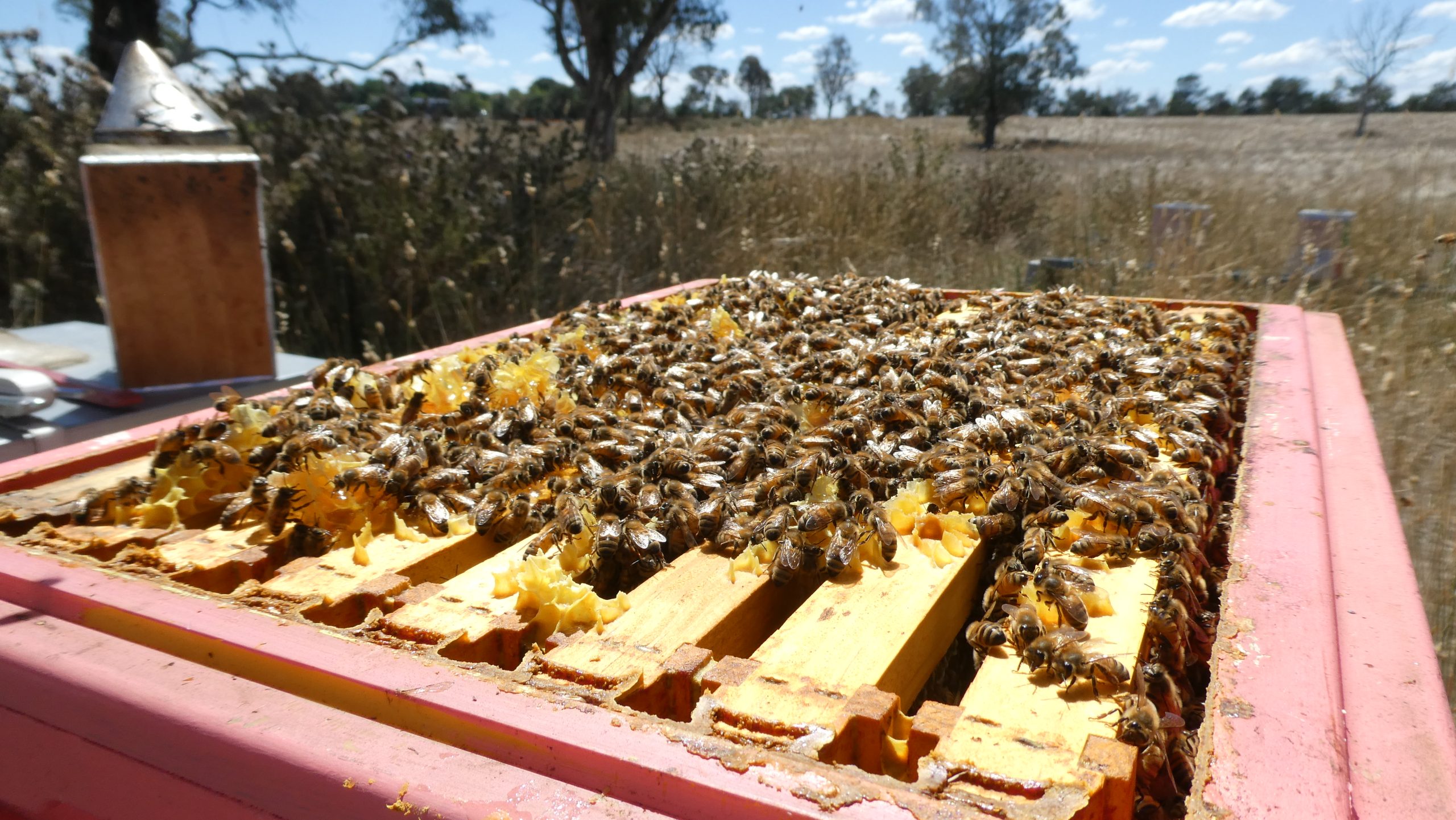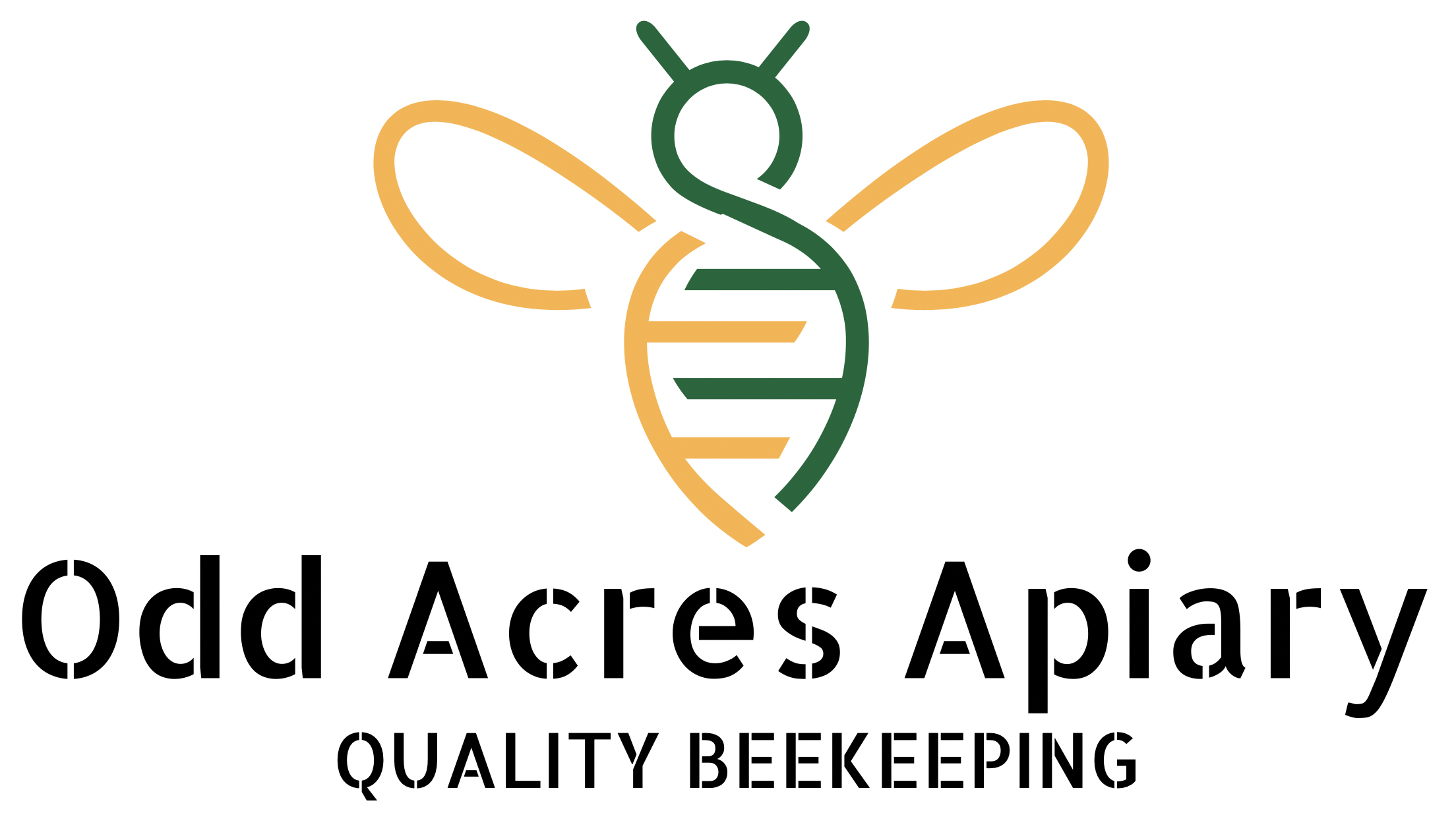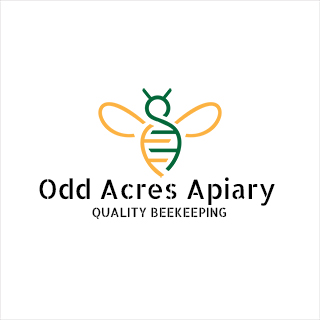
The Buzz on Honey Provenance
Location, location, location! We hear this statement so often in real estate and yet habitually do not connect the importance of location to the food we eat. In our heavily industrialised world, modern humans yearn to understand the importance of connections and explore their food’s natural origin and authenticity.
Food provenance is increasingly essential for the discerning consumer who cares about what they eat, what is in the food they eat, and where it comes from. Likewise, the authenticity of the food they eat is gaining momentum. Consumers pay a premium for the natural aspects of honey – they should get what they pay for.
Location, origin, authenticity, and provenance all ring the same bell for the same question – can you honestly say you know where your food comes from and what is in your food? More relevant to our website, can you say you know where your honey comes from?
What is old is new again
The benefit of local produce is coming full circle, returning to the minds and behaviours of consumers who are keen to know where their food is produced, if the food is safe to eat, if the food agrees with their digestive system, and most importantly is their consumer purchasing power supporting local produce growers.
Labels, origin, and authenticity
Mass scale and extensive supply chains have advantages and disadvantages, too. Many foods we eat today are adulterated in some way with ingredients that can hardly be pronounced, let alone spelt. Carrying a food additive dictionary in your back pocket while food shopping is not a habit most people would like to subscribe to.
As my grandmother told me – “If you cannot understand or recognise the ingredients on the label, then it’s best left on the store shelf.” My mother reminds me, “Buy the basics, keep your shopping simple and know where your food has come from.” Two generations of advice that question the modern-day supply chain and over-compensated food varieties consumers face today in stores.
Honey has been in the news lately as a food item with provenance problems
Honey is a food product being adulterated in several ways globally. The origin of the honey is questioned, additives are commonplace, and overly sweet syrup is what most consumers would reference as honey. These influences drive the demand for more runny honey or other inventions to entice consumers to eat honey while compromising the goodness honey can offer, resulting in a product that, in most cases, is hardly honey at all.
The Odd Acres Apiary Provenance
At Odd Acres Apiary, we are predominantly queen bee breeders and have limited seasonal honey to sell. Our limited seasonal honey is a favourite with our customers because we can answer the questions important to discerning consumers who care about their food.
Location: Our apiaries are in the ACT and Southern NSW region. We know which apiaries we extract our raw honey from, and this knowledge provides our customers peace of mind with their raw honey purchase – it is local. Our hive photograph adorning this post demonstrates our healthy bees in an environment that works for them.
Provenance: We know the origin of our raw honey and who owns the raw honey – us. We do not mix our raw honey with other products or additives or adulterate the honey in any way. Our raw honey is extracted from our hives, filtered once and bottled to settle before being labelled and sold. Our philosophy is, ‘Why rush and interfere with the best that nature can provide’.
Label: Our labels tell our customers what they need to know about what is in the bottle. 100% raw honey, 100% Australian, made from the flora surrounding our ACT and Southern NSW regional apiaries. Keeping our raw honey practice simple means our labels are simple to read.
Batch Number: We handwrite our labels to ensure you know we know where our honey has come from. We have limited honey extractions from our hives, as we only extract from our strongest hives when we manage our hive practices for our queen bee breeding business; we practice sustainable beekeeping.
Provenance to Odd Acres Apiary is knowing ‘you are what you eat’. There is no substitute for natural ingredients.
![]()
Further reading on honey quality can be found in our 29 March 2023 blog The Buzz on Honey Quality.

